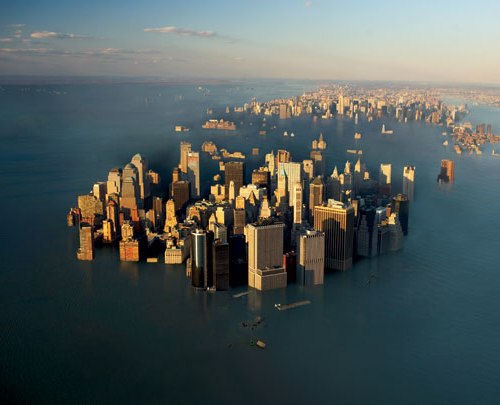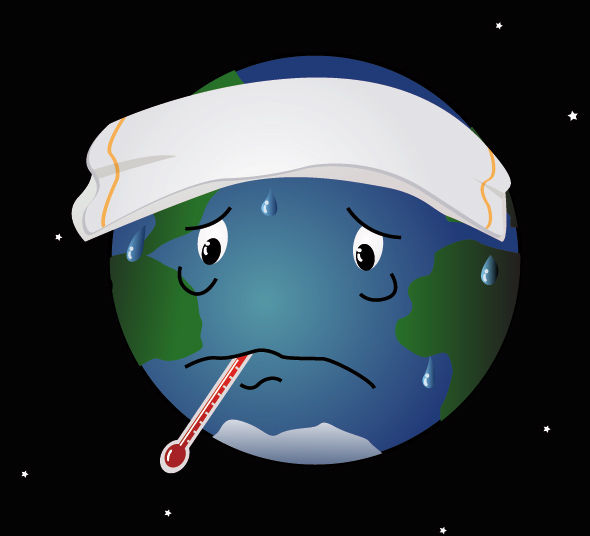




What Is Global Warming?
Global warming is the unusually rapid increase in Earth’s average surface temperature over the past century primarily due to the greenhouse gases released as people burn fossil fuels. The global average surface temperature rose 0.6 to 0.9 degrees Celsius (1.1 to 1.6° F) between 1906 and 2005, and the rate of temperature increase has nearly doubled in the last 50 years. Temperatures are certain to go up further.
Glaciers are melting, sea levels are rising, cloud forests are drying, and wildlife is scrambling to keep pace. It's becoming clear that humans have caused most of the past century's warming by releasing heat-trapping gases as we power our modern lives. Called greenhouse gases, their levels are higher now than in the last 650,000 years.
We call the result global warming, but it is causing a set of changes to the Earth's climate, or long-term weather patterns, that varies from place to place. As the Earth spins each day, the new heat swirls with it, picking up moisture over the oceans, rising here, settling there. It's changing the rhythms of climate that all living things have come to rely upon.







